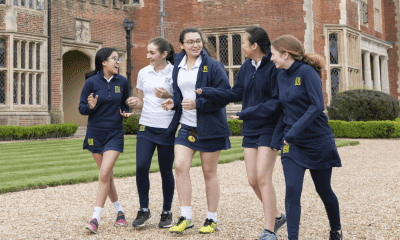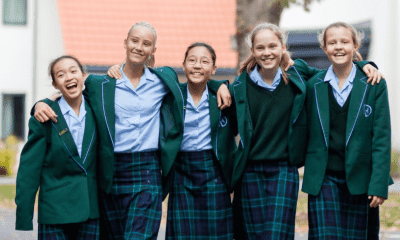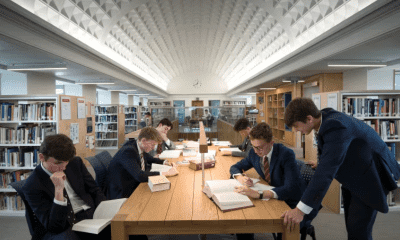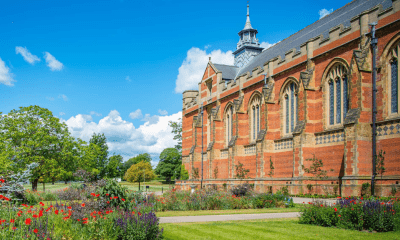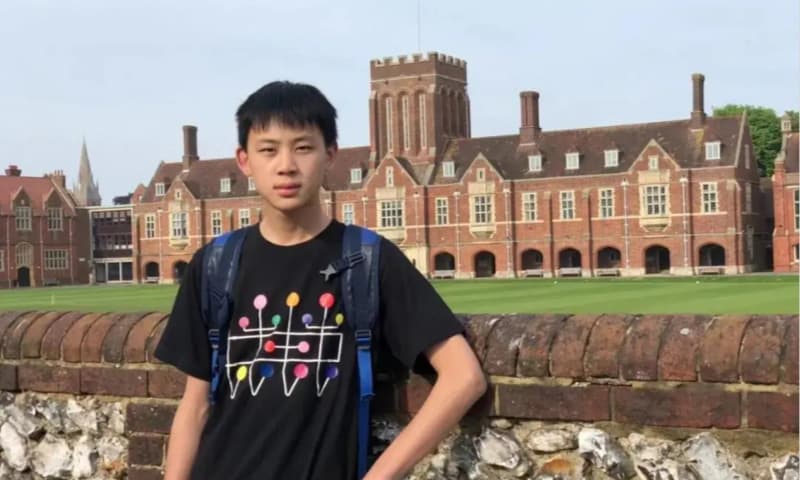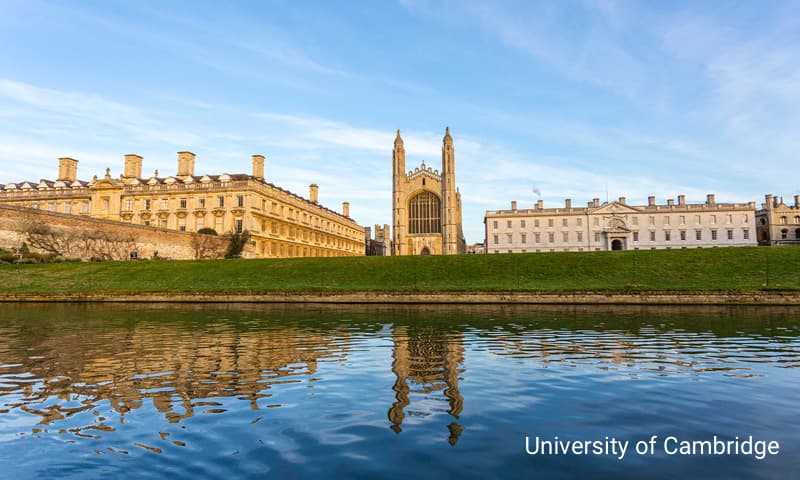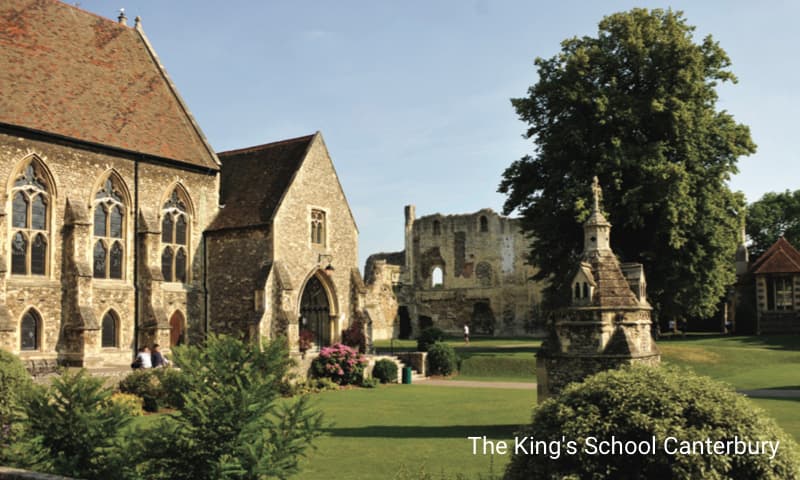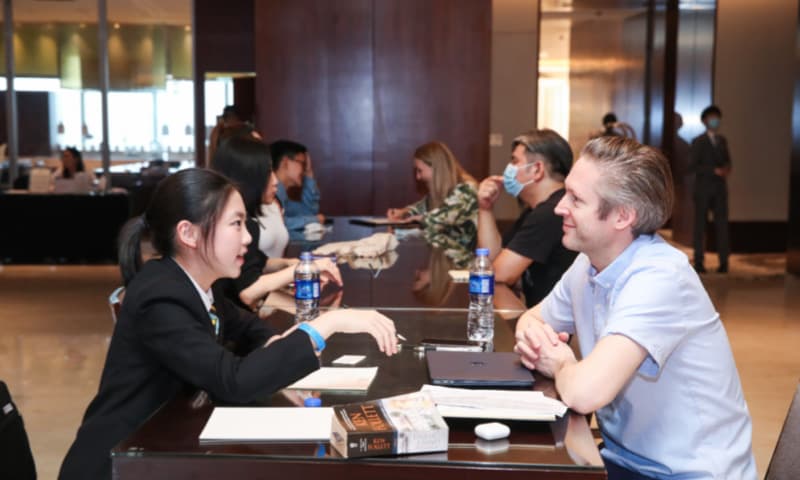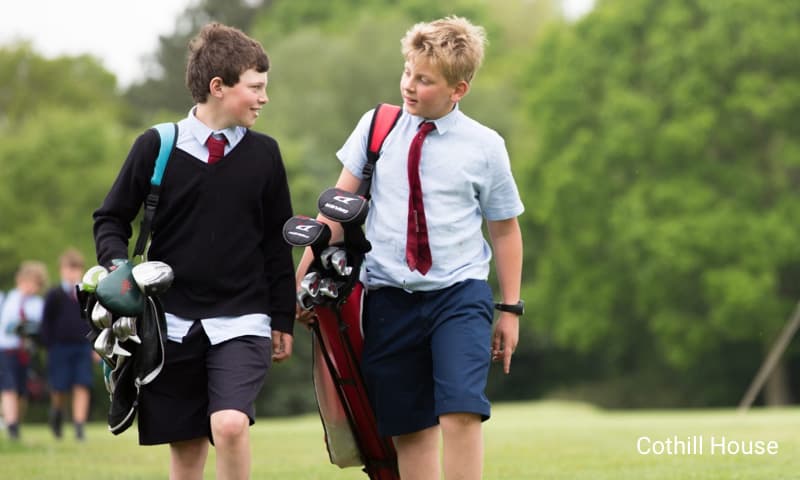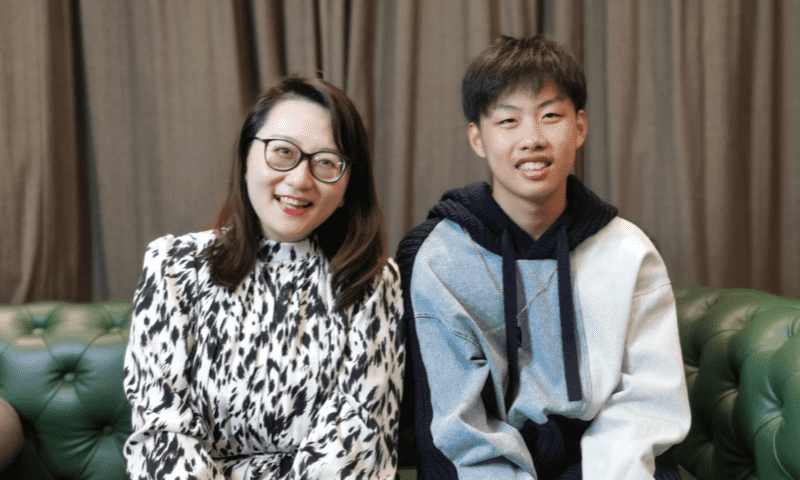I was not among the top for academic performance when I was young, but I entered a top private school with ease and got an offer from Cambridge
 2022-09-16
2022-09-16

Elite education in the UK has always been a hot topic in the overseas study community. It is also the choice of many parents to send their children abroad to receive a traditional British education from an early age.
With counselling from BE Education, Kevin studied in a private school in the UK for both primary and secondary school and is about to enter Cambridge University in October this year.
When asked why he chose to study in the UK from a young age, Kevin said that whilst he was still in primary school his three cousins all left China to private schools in the UK. The example set by the people around him, and the good reputation of British private school education, motivated him to follow in their footsteps.
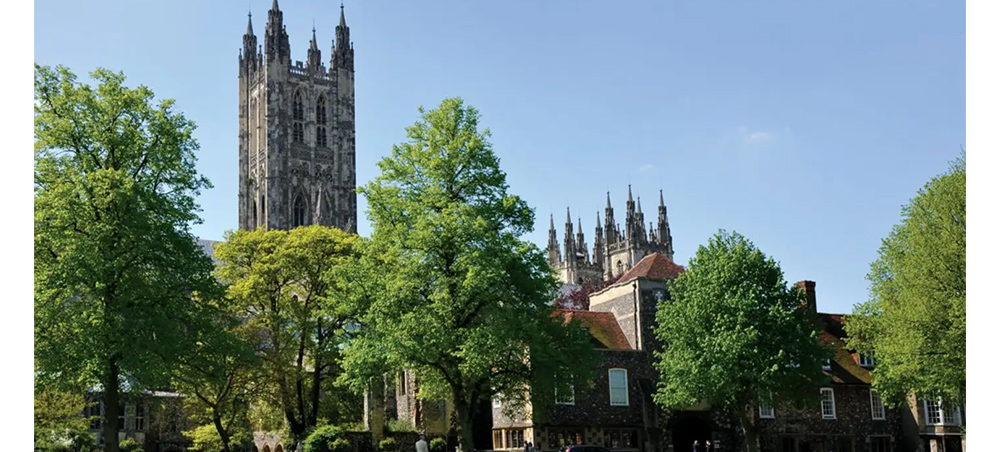
The journey to British elite education began at primary school
In 2014, when Kevin was in fifth grade in a Chinese public school, he transferred to Wellesley House in the UK. Following the in footsteps of his cousins, Kevin began his own journey in the UK. Like many other new overseas students, the first thing Kevin had to overcome was the language barrier. When studying in China, Kevin didn't do very well in English and this was his main concern. However, after a month or two in the UK, daily communication in English was no longer a problem for him. The problem was that Kevin still found it a bit difficult to fit in with his classmates because he still couldn't speak fluently. "I wanted to share things but was not able fully express what was in my mind." In fact, this is a very common problem for people who are not fluent in a language. "As long as you are willing to take the time to overcome it, you can overcome it," Kevin said. After a while, this was no longer a problem, and Kevin began to prepare for his high school applications.
Entering his ideal high school with ease
Unlike other applicants, Kevin didn't go through complicated processes when applying to middle schools. Thanks to the recommendation of the Headmaster of Wellesley House, Kevin entered The King's School, Canterbury, very easily.
Founded in 597 AD, the school is the oldest school in Britain and is located behind the historic Canterbury Cathedral. Canterbury provides students with more than two dozen sports. In his first year, Kevin tried many different sports, such as football, rowing, and basketball. The school also offers a variety of programs that rotates about once a week, allowing students to keep trying new things and exploring their interests. When it comes to extra-curricular activities, most of the activities Kevin participates in are related to physics.
"In my third year, I was involved in a physics project. We put a mini parachute on top of a CocaCola bottle and installed some sensors in the bottle. We then launched the bottle into the air and observed it. In this way, we could monitor the temperature, pressure and concentration of the gas in the bottle as it fell."

How to choose your school? A better fit or a higher ranking one?
It now looks obvious that King's School, Canterbury was the best choice for Kevin. However, when he applied there were several other schools that he was also considering. So, what is the best way to choose a school that suits you? Kevin also shared his thoughts on this subject. In his view, there are two situations. The first is for applicants who want to try for the very best academic schools such as Eton, Harrow, and Westminster. According to Kevin, the academic advantages of these schools are so great that other factors don't need to be considered – students should just apply! The second situation is for all other schools. Here students should consider all the various advantages of each institution. British education is renowned for its high quality: the academic performance of top 50 private schools in Britain are all excellent, with slight differences in their strengths and styles. It is up to students to decide which is the best fit for their personality and interests.
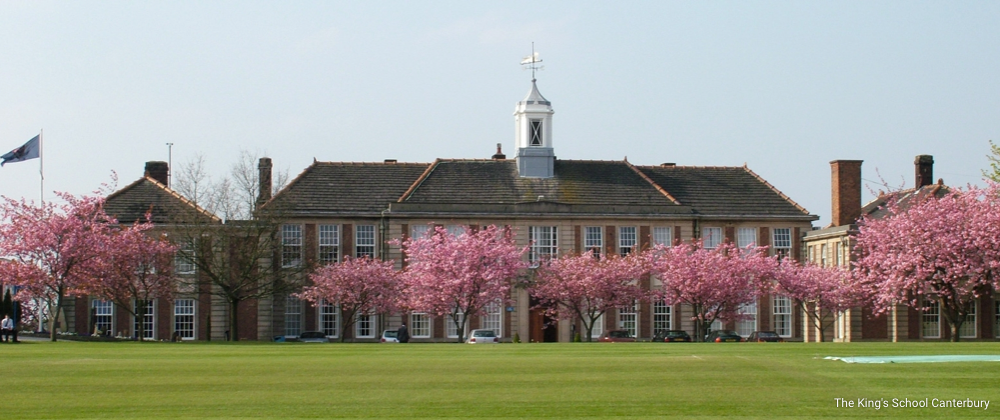
Entering his ideal high school with ease.
Due to the pandemic, university applications were different in 2021. Some universities cancelled exams in certain subjects while some others moved interviews online. But overall, the application didn't become easier. Kevin has summarized the three most important things for application:
First, start preparing as early as possible.
At the very beginning, you need to set a clear goal and follow the steps in the defined plan. In this way, you will avoid wasting time during the writing process. It's no exaggeration to say that you should start thinking about the personal statement in the first year of A-level.
Second, always keep a healthy mindset and stop regretting past mistakes.
Kevin shared one experience from his Oxbridge interviews. Despite being very interested in physics, at his first interview he couldn't answer a very basic question on the subject. He tried to guess the answer in the interview but didn't get it right. It was very awkward for a while and he felt a little stressed. Kevin understood that everyone makes mistakes, so he quickly recovered from the mistake and began preparing for the next interview.
Third, know your weaknesses and work on improving them.
Before the application, many students will take extra classes to aid them in improving their weaker areas. Kevin also has something to say about this. He believes that the right way to take extra courses is to identify one's weakness first and tell the teacher how he/she could help. One should seek help from the teacher with clear questions and a clear direction in mind instead of asking the teacher for help with all the work.
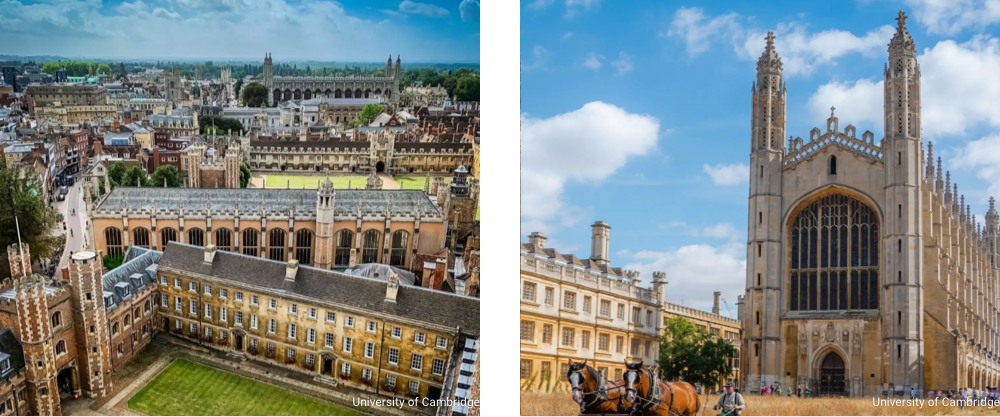
If everything goes well, Kevin will start his life at Cambridge in October this year. Looking back at the entire application process, Kevin said his teachers helped him a lot.
Whenever there was an academic question or something unclear about the application, Kevin was able to do directly to his teachers and BE's consultants for help. "I was lucky to meet teachers who were a good fit for me. I could achieve more under their guidance with less effort." Kevin likes teachers who are flexible in their teaching style and who often interact with students in class. He liked the lecture style of classes and feels many of his classmates would also benefit from such tuition.
In addition, Kevin suggests that, when taking extra counselling courses, one must switch to another teacher when he/she finds the current teacher doesn't suit him/her.
When asked about his teacher at BE, Kevin always has a lot to say. "He had a customised teaching style for me and wouldn't spend too much time on what I am already familiar with. He knows exactly what my weaknesses are."

More Student Stories




